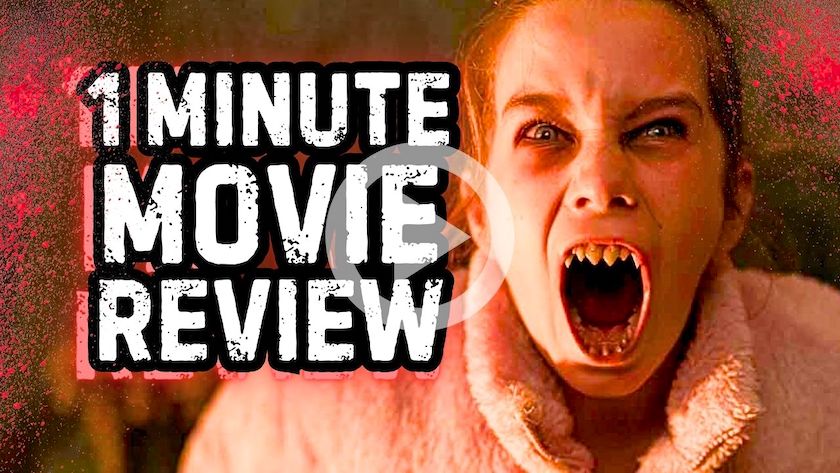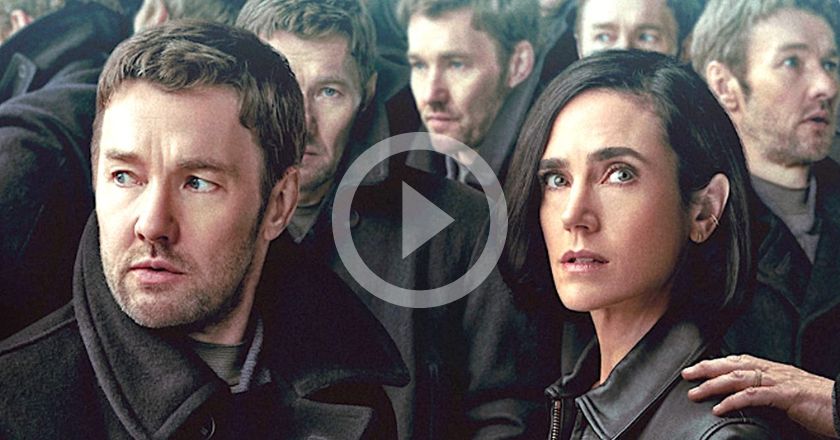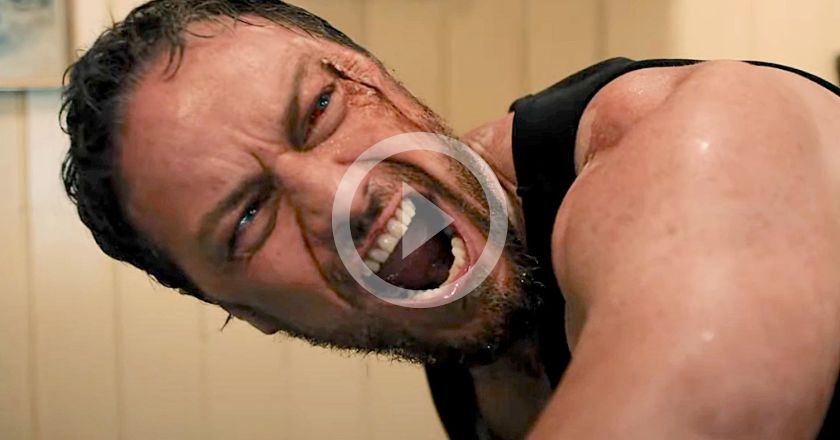
English-Australian film critic David Stratton is often regarded as the conservative side of the beloved David & Margaret partnership, and while stories of his career include somewhat prudish responses to explicit films, such as Romper Stomper, The Devil’s Rejects and Wolf Creek 2, he is also regarded as a champion and renegade of Australian cinema as detailed in his recent television series Stories of Australian Cinema and its feature-length counterpart A Cinematic Life.
Yet for all of his old-fashioned ways, David Stratton has been a vocal opponent to censorship and has famously launched scathing attacks against the Australian classification board, most notably in relation to Larry Clark’s film Ken Park, which was denied classification and subsequently banned in Australia. And so while Stratton may be occasionally moralistic towards the content of certain films, there is no denying that he passionately defends people’s rights to view them.
One of the most scandalous chapters of his career came at a time when he was, perhaps, at his most conservative, while serving as the director of the Sydney Film Festival. During that era it was mandatory for all films to pass through the classification board and Stratton had programmed a Swedish film called I Love, You Love into the festival. It was a drama about the relationship of an expectant couple, and due to one mildly provocative scene it was deemed to be indecent and banned entirely. The board ludicrously suggested that the actors were engaging in actual sex and, of course, the media ran with it.

Sari Braithwaite’s short documentary film Smut Hounds recounts the story of I Love, You Love‘s time in the Australian spotlight and serves as a collective face-palm on behalf of everyone watching. The film is told with a ‘talking head’ approach as Stratton addresses the camera directly and recounts his experience with an equal measure of disbelief and delight. As he reflects on the scandal in detail, he elaborates to explain the cultural ramifications, including the creation of the R18+ classification and the ripple effect it had on the government at the time.
Seeing as it’s a documentary short, Smut Hounds‘ 9-minute running time leaves it feeling like an anecdote, resembling the type of deleted scene we might otherwise find hidden in the supplementary content of a DVD release. As fascinating as the subject is, I found myself wishing this were an extract from a much broader film. Nevertheless, it is a very tidy piece and is presented professionally. Stratton’s commitment lends it creditability and his on-screen presence offers nostalgic and educational value.
Australia’s cinematic history is a wild, wonderful odyssey and Smut Hounds looks through the peephole at one specific, and important, chapter in that story. With a renewed interest Aussie film culture over the last decade, and numerous documentary films exploring its tumultuous journey, this brief chronicle gives viewers a tasty entree, appropriately leaving us hungry for the mains.
As an aside to David Stratton’s defence of sexually “provocative” films such as ‘I Love, You Love’ and ‘Ken Park’, it is interesting to note that he awarded a rare perfect score to the 2006 film ‘Shortbus’ – one of the most sexually explicit films of the last two decades. Thumbs up Mr Stratton, you cheeky boy.
– Smut Hounds is available via Ronin Films.







